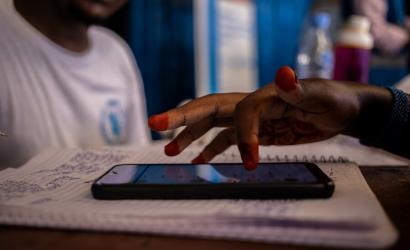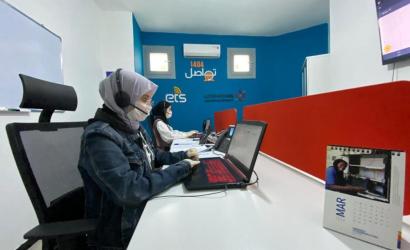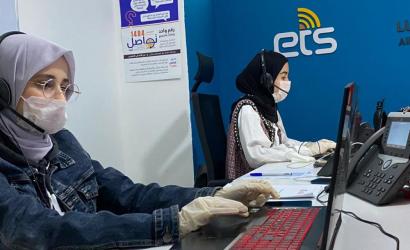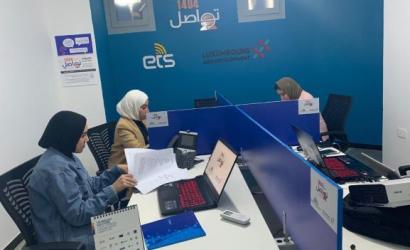Libya
Libya, officially the State of Libya, is a country in the Maghreb region of North Africa, with a population of approximately 6,7 million.
Eastern Libya is grappling with an unprecedented humanitarian crisis in the wake of Storm Daniel—that made landfall on 10 September including strong winds and sudden heavy rainfall. The storm has inflicted significant casualties and destruction throughout several cities and towns in the northeastern and in the Al-Jabal Al-Akhdar (Green Mountain) region. Areas that were particularly hard-hit include Derna, Albayda, Soussa, Al-Marj, Shahat, Taknis, Battah, Tolmeita, Bersis, Tokra, and Al-Abyar, among others.
According to the International Organization for Migration's Displacement Tracking Matrix, as of 12 September, there are over 3,000 estimated deaths and at least 6,000 people missing. The situation in Derna is severe particularly, where the estimated count of displaced individuals in Derna exceeds 30,000 from a total population of more than 200,000.
Critical infrastructural, particularly roads and bridges, suffered extensive damage due to Storm Daniel, severely hampering access, and relief operations in Eastern Libya. Major roads linking the cities have either been flooded or completely swept away. These access constraints pose significant challenges on humanitarian aid delivery, search and rescue operations, and the overall crisis response.
The General Electricity Company has partially restored electricity to Derna, and internet services were restored, although the overall situation remains precarious. Long-range communication equipment is urgently required for effective rescue operations, given that most telecommunication networks are down. The ETC is currently not active in Libya but the local ICT working group can be engaged to coordinate the planning of assessment and services mobilizations. The Global ETC is engaging with its partners to leverage in-country presence.
ICT Profile
Ministry of Communication and Informatics
General Authority of Communications and Informatics
6.735 million
Libya remains in a political stalemate with competing centers of power claiming legitimacy for control of the country. Negotiations have yet to reach an agreement on a constitutional framework that could pave the way to elections and therefore allow for the restoration of a unitary government. The contested legitimacy of political institutions and leadership contributes significantly to insecurity, economic loss, and social fragmentation.
A stable and secure Libya would have positive regional spillovers for two continents, given its strategic location at the gateways of Europe, Africa, and the Middle East. At the end of 2021, Libya ranked in the top 10 countries for globally proven oil and natural gas reserves, holding nearly 3 percent of these. In 2021, nearly 71 percent of Libya’s crude oil and condensate exports were imported by Europe (specifically Italy, Germany, and Spain).
Libyan Dinar
23
43
4.93
57




